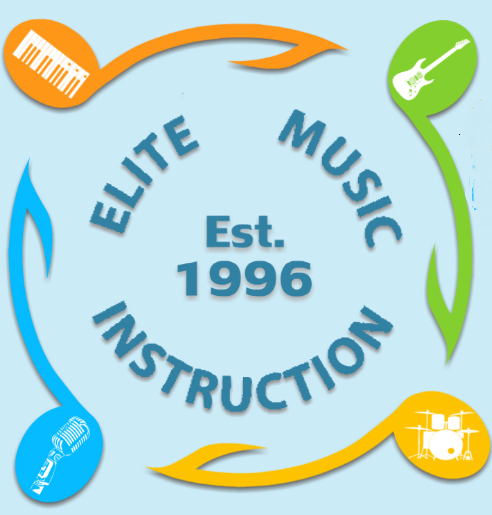Experts agree that exposure to music should start at birth. At this point, exposure should be informal, mostly carried out by parents and caregivers. Examples of activities that would help the child develop a relationship with music at this age would be rocking your child to music, dancing with your child, play music and sing for your child, age appropriate musical games.
When the child is about three years old, they can be guided to find a beat in music, identifying the melody, identifying instruments. These activities again shouldn’t be very formal and they should be presented more like play. Parent-child activities for this kind of exposure are sometimes offered by preschools, universities and community centers. (Dr. Robert A. Cutietta)
In general, ages 4-7 are usually the most ideal for starting to learn an instrument. Not only are kids' hands and minds functional enough to play, but they can actually begin to understand the basics of music. Most experts feel that five years old is an optimal age to begin lessons. By this age, most children have built a foundation that has prepared them for formalized music lessons. In addition, at this point, children are usually pretty good at being able to sit and focus with a music teacher in their home. At this point however, the goal of the lessons is not for the child to become a great performer on the instrument but to further his/her understanding of music. Piano and violin are the two most common instruments played at this age. Guitar, recorder and ukulele have also been tried with success. (Dr. Robert A. Cutietta)
By age 10, the child will have a variety of skills associated with their instrument of choice. They’ll also have the physical strength to try a different, bigger instrument, such as a brass or large string instrument that requires a higher level of strength and stamina. Around this time, the goal of lessons appropriately transitions from gaining experience with music to improving performance ability. (Dr. Robert A. Cutietta)
There is a growing (and convincing) body of research that indicates a “window of opportunity” from birth to age nine for developing a musical sensitivity within children. During this time, the mental structures and mechanisms associated with processing and understanding music are in the prime stages of development, making it of utmost importance to expose children in this age range to music. (Dr. Robert A. Cutietta)
In summary, there are three answers to the question, “What age should children begin music lessons?” Informal activities with music should start soon after birth, followed by more systematic classes around age three, and lessons with the goal of learning the instrument should start between six and nine. Keep in mind that these are only guidelines; exceptions will undoubtedly occur based on the child and/or teacher. (Dr. Robert A. Cutietta)
Dr. Robert A. Cutietta is the Dean of the University of Southern California Thornton School of Music. He is the author of “Raising Musical Kids” and a popular speaker whose areas of expertise include the middle-school learner, choral education, learning theories and the psychology of music.

